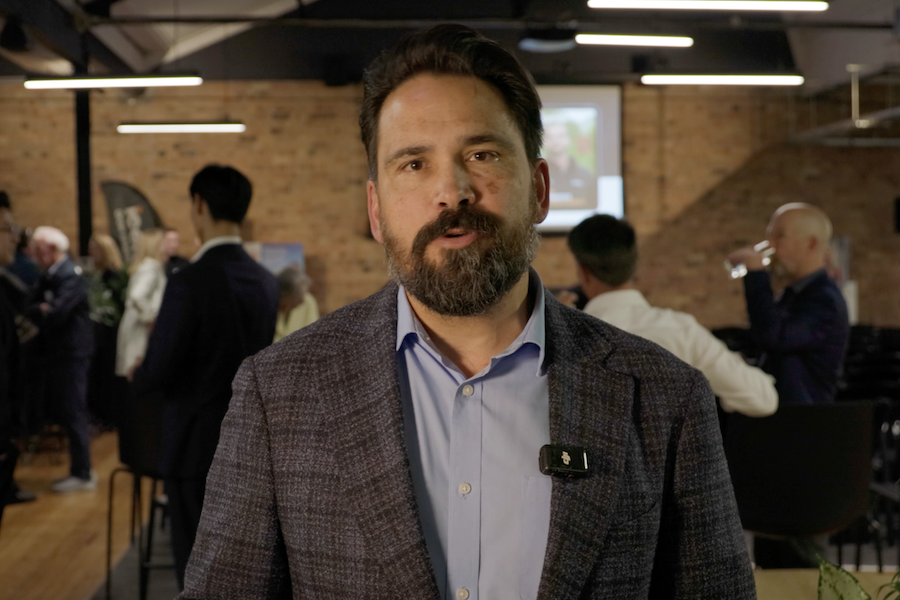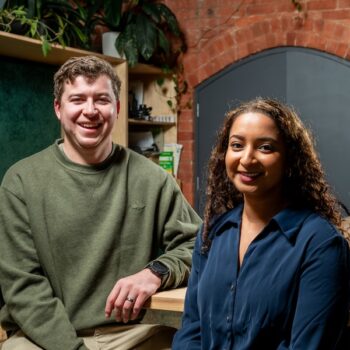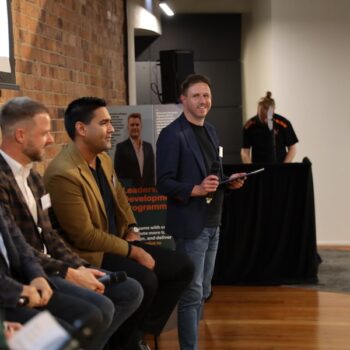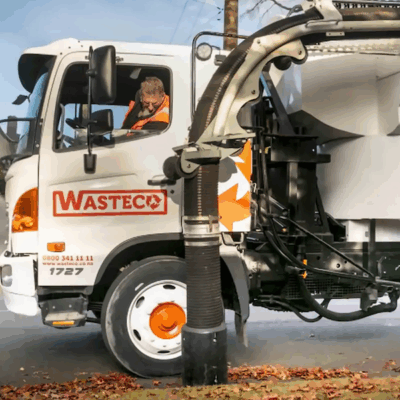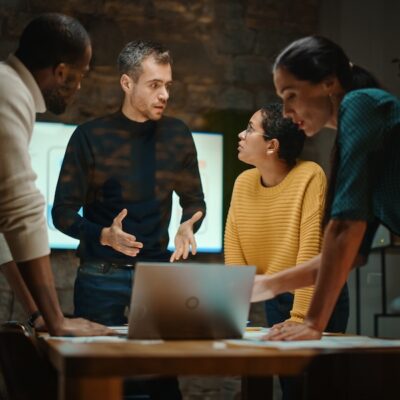Simon Bridges on AI, SME curiosity, and building billion-dollar niches
Following the Future Tech & Your Business panel event hosted by NZBusiness, Auckland Business Chamber CEO Simon Bridges shared his reflections in a post-event video covering everything from New Zealand’s AI readiness to its potential to transform productivity and spawn billion-dollar niche enterprises.
“Tonight was fantastic,” said Simon, reflecting on the panel discussion, which explored how generative AI and emerging technologies are shaping the future of business in New Zealand.
While he brought a “top-down view” to the discussion, Simon was quick to praise the insights shared by the expert panellists, noting how they helped unpack the real-world application of AI for SMEs, from automation and analytics to customer experience improvements.
“I learned a lot,” he admitted. “And I think we had a bit of fun as well.”
AI adoption: A mixed picture for SMEs
Simon acknowledged that AI adoption across New Zealand is highly variable, with large enterprise businesses moving ahead with sophisticated applications, while many SMEs are still at the exploratory stage.
“A theme from tonight was SMEs should be curious,” he said. “It doesn’t mean they should dive head in, because they might waste a lot of money or get the wrong application for them, but they should be working it out.”
The message was clear: While caution is warranted, AI will eventually reshape nearly every area of business and society, and SME owners can’t afford to ignore its potential.
Backing niche innovation
Simon also took the opportunity to highlight one of the areas he sees as a standout opportunity for New Zealand’s tech economy: MedTech.
“We’re really good at niches,” he said, citing homegrown giants like Fisher & Paykel Healthcare, which he noted has a turnover of $7–8 billion.
But what excites him even more are smaller, high-growth companies like Aroa Biosurgery, which he described as an example of the kind of transformative innovation New Zealand needs more of.
“They’ve taken sheep guts, that’s my explanation, and turned it into tissue that can be used for humans,” he explained. “They’re doing really well in America, whether it’s for gunshot wounds or other medical applications.”
The challenge now, he said, is to help more Kiwi businesses scale from $1 million to $10 million, and eventually to billion-dollar enterprises.
To unlock this kind of scale and global competitiveness, Simon stressed that investment, experimentation, and digital transformation are essential.
“If we want to transform our productivity and our standards of living, we need a lot more businesses like that,” he said.

